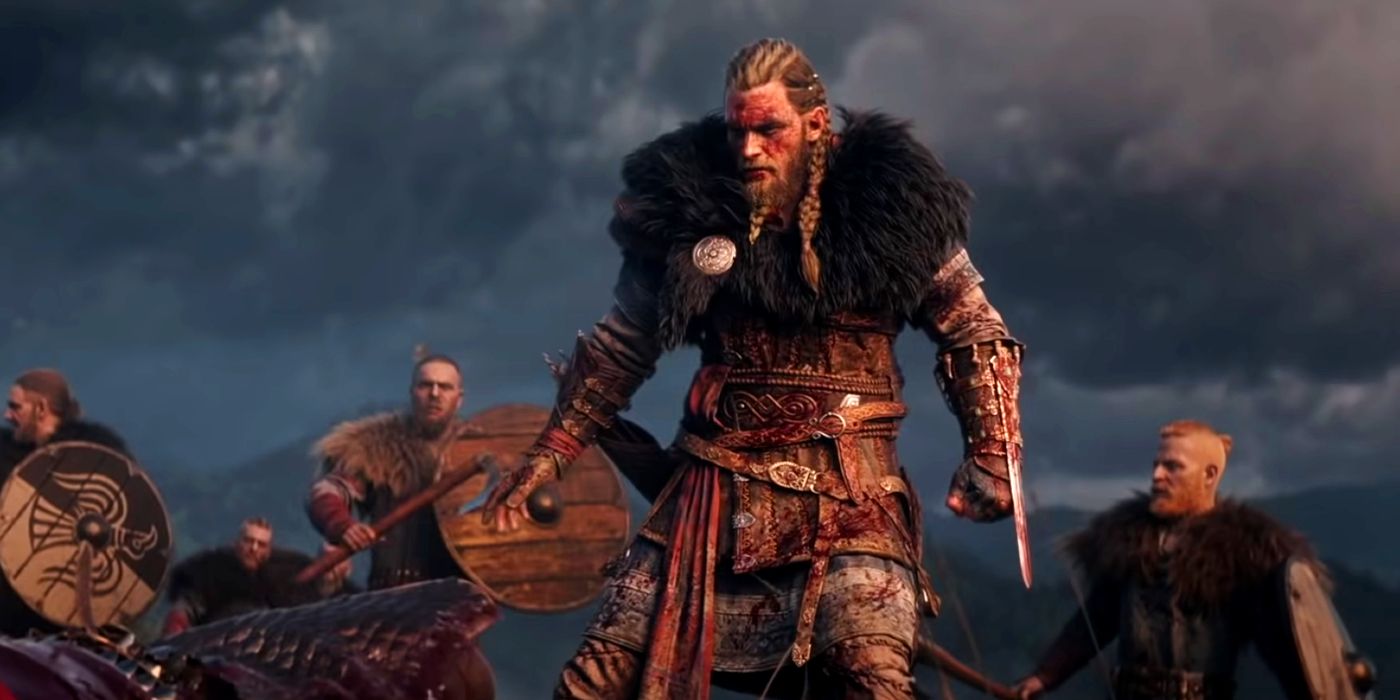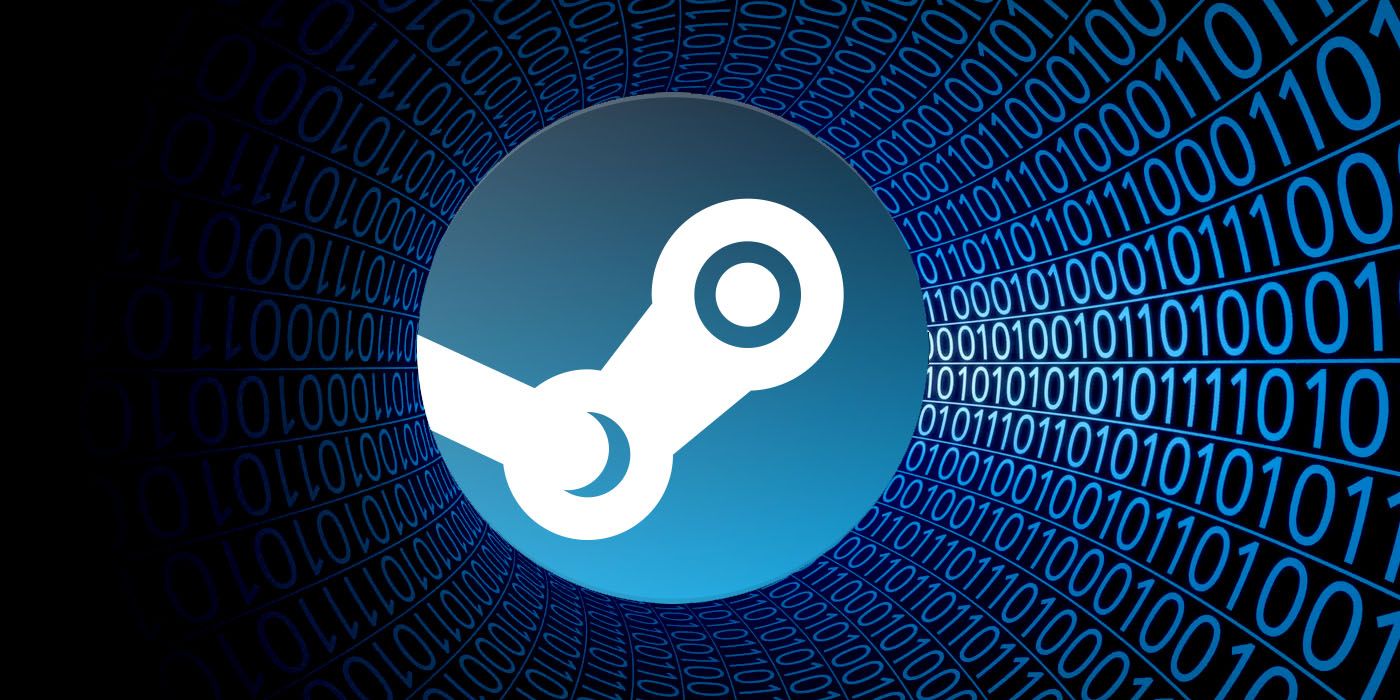With many game developers skipping Steam in favor of other PC distribution options, it may come as no surprise that Ubisoft is also ignoring the company when it comes time to release Assassin's Creed Valhalla. This is a first in Assassin's Creed series history, and many fans will now have to go elsewhere to purchase the newest addition of the franchise, such as Ubisoft's own Uplay platform or the ever-growing Epic Games Store.
This is not the first time Ubisoft has skipped Valve's distribution network, however, as in 2019 Ubisoft refused to release Tom Clancy's The Division 2 on Steam, even though the platform has been around for years and was one of the pioneers of PC gaming distribution. Known mostly for hosting the biggest selection of esoteric indie games on the market, Steam has seen its highest numbers of users to date since the start of the coronavirus quarantine.
It has been a growing trend with game developers to skip putting some of their games on the Steam store. Steam, in recent years, has seen an unfortunate trend of mishaps and mistakes arise in its store, including the entire platform going down unexpectedly. Among many unfortunate circumstances, according to the Anti-Defamation League (ADL), Steam has been noted as a "breeding ground for extremism," citing that the platform makes it easy to spread white supremacist ideology, among other negative tropes.
Why Steam's Popularity Is Shrinking
What really sets Steam apart from other platforms is the continued use of the classic Steam business model, which many gaming executives have called "outdated." Steam collects thirty percent of a game's profit, while the developers make seventy, and because of this many game developers have begun introducing their own gaming platforms with which to publish and sell their own titles on. For many developers, making one hundred percent of their own games' profit is a much more preferable position. However, they still have a long way to go to compete with Steam, who has been a long-time industry leader and contains many common store features which competitors like Epic Games do not, such as a basic user reviews section.
While bringing titles to a first-party distribution system such as Ubisoft's UPlay has been successful for some games, other developers have begun making temporary exclusivity deals with platforms like Epic Games, which sees them initially launching new titles onto their platforms first, with Steam users having to wait six months or so before it arrives on theirs. Borderlands 3, for example, was originally Epic Games Store exclusive but eventually came to Steam after their deal ended (and after much fan backlash). Even though some players are having to wait longer to play these games using their preferred method, for the most part gamers seem to still prefer sticking with their chosen platform (usually Steam) over leaving it for another.
Developers diverging from platforms to create their own alternative store is slowly becoming a trend in the gaming industry. Separating from the usual distribution methods to create something new means forcing players to chose which platforms to sign up for, and in turn which games they want to play. This will be the case for the Assassin's Creed Valhalla, and likely for many more Ubisoft games in the future. Instead of finding all of the current games, new and old, in one location, players are slowly adapting to finding them in multiple places, and such a change may mean Steam will be forced to re-evaluate the business model which has been supporting them up until now.
Assassin's Creed Valhalla is set for a holiday 2020 release.


